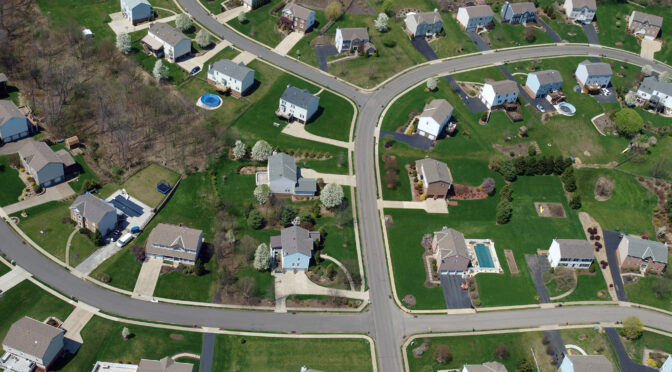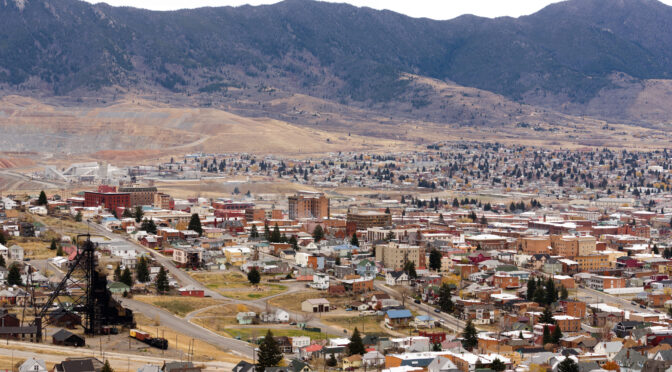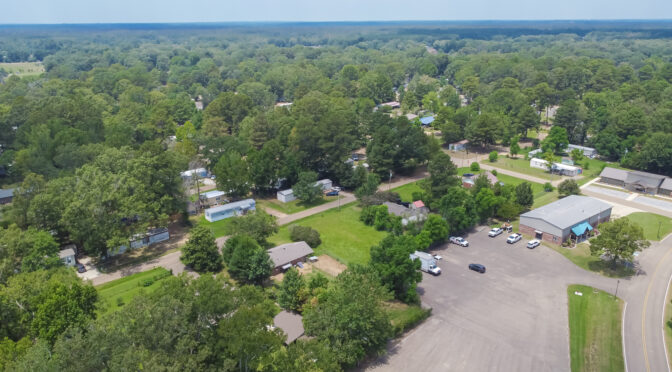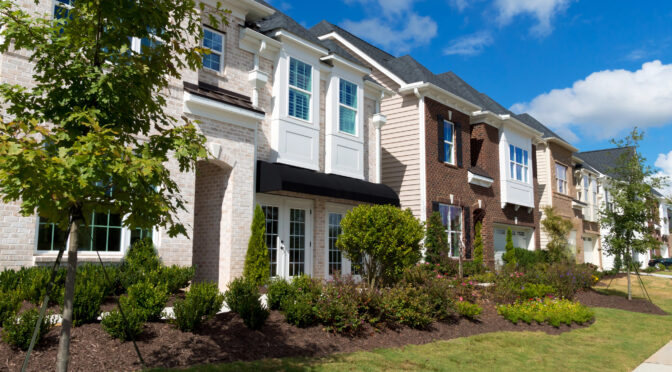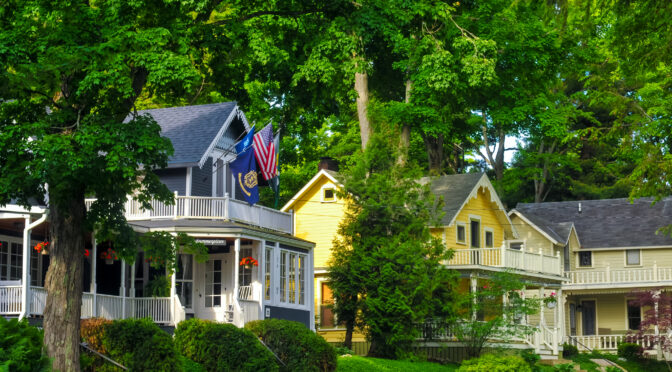Investing in New Hampshire real estate
Guide to Investing in New Hampshire real estate
Investing in New Hampshire real estate can be a rewarding endeavor, given the state’s attractive living conditions and growing economy. Here’s an overview of the best areas to consider, financing options, house flipping loans, and the pros and cons of investing in New Hampshire real estate.
Best Areas to Invest in New Hampshire:
1. Manchester: As the largest city in New Hampshire, Manchester has a robust job market and a sizable rental market. The city’s urban amenities attract both families and young professionals.
2. Nashua: Close to the Massachusetts border, Nashua has a mix of suburban and urban living, with a strong economy and decent property appreciation rates.
3. Concord: The state capital offers opportunities for residential and commercial investments, with a stable job market due to government and healthcare sectors.
4. Portsmouth: Known for its historic charm and vibrant culture, Portsmouth is popular among tourists and locals. The real estate market here can be competitive, but it offers potential for high returns.
5. Lebanon: Part of the Upper Valley region, Lebanon is experiencing growth driven by healthcare, education, and tech industries. Its proximity to Dartmouth College and the DHMC makes it appealing for rentals.
6. Lakes Region: Areas like Meredith and Wolfeboro are popular for seasonal rentals, attracting tourists and retirees looking for second homes.
Financing Options
1. Conventional Loans: Traditional mortgage options are available for most buyers, generally requiring a down payment of 3-20%.
2. FHA Loans: If you qualify, Federal Housing Administration loans may offer lower down payments and more flexible credit restrictions.
3. VA Loans: For veterans and active-duty military, VA loans can provide favorable terms, including no down payment.
4. Investment Property Rehab Loans: These loans are typically available for investors looking to purchase rental properties but may come with higher interest rates and down payments.
5. New Hampshire Hard Money Loans: These are short-term loans from private lenders based on the property value rather than your creditworthiness, often used by investors for quick purchases.
6. Home Equity Loans/Lines of Credit: If you own property, you might consider borrowing against your equity for your next investment.
7. Fix and flip loans for investors.
Pros of Investing in New Hampshire Real Estate
Strong Rental Market: Due to a stable economy and the presence of universities and hospitals, there’s consistent demand for rental properties. –
Quality of Life: New Hampshire offers a high quality of life, attracting residents and retirees, which can stabilize property values.
Tax Advantages: New Hampshire has no income tax, which can be appealing for residents and investors.
Natural Beauty and Outdoor Activities: The scenic landscapes and recreational opportunities can attract long-term residents and tourists alike.
Cons of Investing in New Hampshire Real Estate
Higher Property Prices: In popular areas like Portsmouth and Hanover, property prices can be high, making it hard for new investors to enter the market.
Seasonal Demand: Areas popular with tourists may see fluctuations in demand based on the season, affecting rental income. –
Potential for Higher Property Taxes: Depending on the location, property tax rates can be significant, impacting cash flow.
Limited Inventory: Competitive markets can lead to a low supply of available properties, making it hard to find suitable investment opportunities.
Overall, investing in New Hampshire real estate can be promising, especially if you conduct thorough research and analyze the market conditions




